Mini-Story 7: 茶香 (chá xiāng) — the aroma of tea
When Li Jin lost her sense of smell after a long illness, she nearly stopped drinking tea.
What was the point, if you couldn’t feel aroma?
Why open a gaiwan if the steam says nothing?
But one day, her teacher — an old man with eyes the color of wet clay — came to visit her.
He said nothing.
He simply placed some Dong Ding on the table, poured hot water over it, and closed the lid.
“I can’t smell anything,” she said, watching the steam rise.
“Feel it with attention,” he replied.
She closed her eyes. Inhaled.
And… something was there.
Faint — like the scent of childhood on a sun-bleached shirt.
Not smell — memory.
Warmth. Softness. Home.
“That’s… it?”
“That’s chá xiāng,” the master nodded.
“True tea aroma doesn’t need a nose. It travels through memory. Through the heart.
It doesn’t just smell — it brings you back.”
Li Jin began drinking tea again.
And day by day, she felt more.
Not scent — presence.
As if the tea was gently whispering:
You are alive. And you are home.
Mini-Story 8: 茶汤 (chá tāng) — tea liquor
At a monastery on the summit of Mount Changbai lived a monk named He Yun.
He rarely spoke, but was known for brewing the “clearest” tea.
Those who drank it often claimed they felt more like themselves.
One day, an official from the capital climbed the mountain to meet him.
Tired, bloated with self-importance, a face full of thoughts.
“They say you brew tea the way Buddha recites sutras. I want to try it.”
The monk silently laid out the tea, boiled water, and began.
First infusion — and a golden-green liquid filled the cup.
No cloudiness. No foam. Like a mirror.
“That’s it?” the official asked, skeptical. “Just… liquid?”
“That is chá tāng,” the monk said.
“The liquor is not just flavored water. It is the spirit of tea, revealed through time.
Don’t stare — drink.”
The official sipped. And froze.
There was nothing loud in the taste — only silence.
Depth.
Inner clarity, like someone had just cleaned a window in his soul.
“I don’t feel anything special… but why can I suddenly breathe so calmly?”
“Because true chá tāng doesn’t impress. It purifies.
It doesn’t add — it takes away what’s not needed.”
From that day, the official drank tea every morning.
He became a little quieter.
A little kinder.
And for the first time in years, began to hear not only others — but himself.
Mini-Story 9: 盖碗 (gàiwǎn) — gaiwan
When young apprentice Lin first arrived at his teacher’s home, he was full of questions.
He wanted to know everything — which tea was best, what temperature released aromatic oils, how to distinguish medium from high roast oolong.
The teacher showed him only one thing: a gàiwǎn — white porcelain with a blue rim.
“That’s it?” Lin asked, puzzled. “Where’s the art?”
The old man lifted the lid, covered the bowl again, and moved his hand gently around it — as if embracing space itself.
“There,” he said. “Gaiwan is not just a lidded cup. It’s the universe in miniature.”
“The universe?”
“Look: the saucer below is Earth. The lid is Heaven. The bowl in between — Human.
If you don’t hold all three in balance — you’ll burn your fingers. Or spill everything.”
Lin tried pouring.
The lid slipped. His fingers scalded. The liquor spilled.
He got frustrated. The master just nodded:
“The gaiwan teaches you not to rush. Not to grab. To feel.
Art begins not with what you place inside — but with how you hold the vessel.”
Months passed. Lin still didn’t know every tea.
But his hands moved gently.
He spoke less.
And the tea no longer spilled from his gaiwan.
He had become part of the balance.
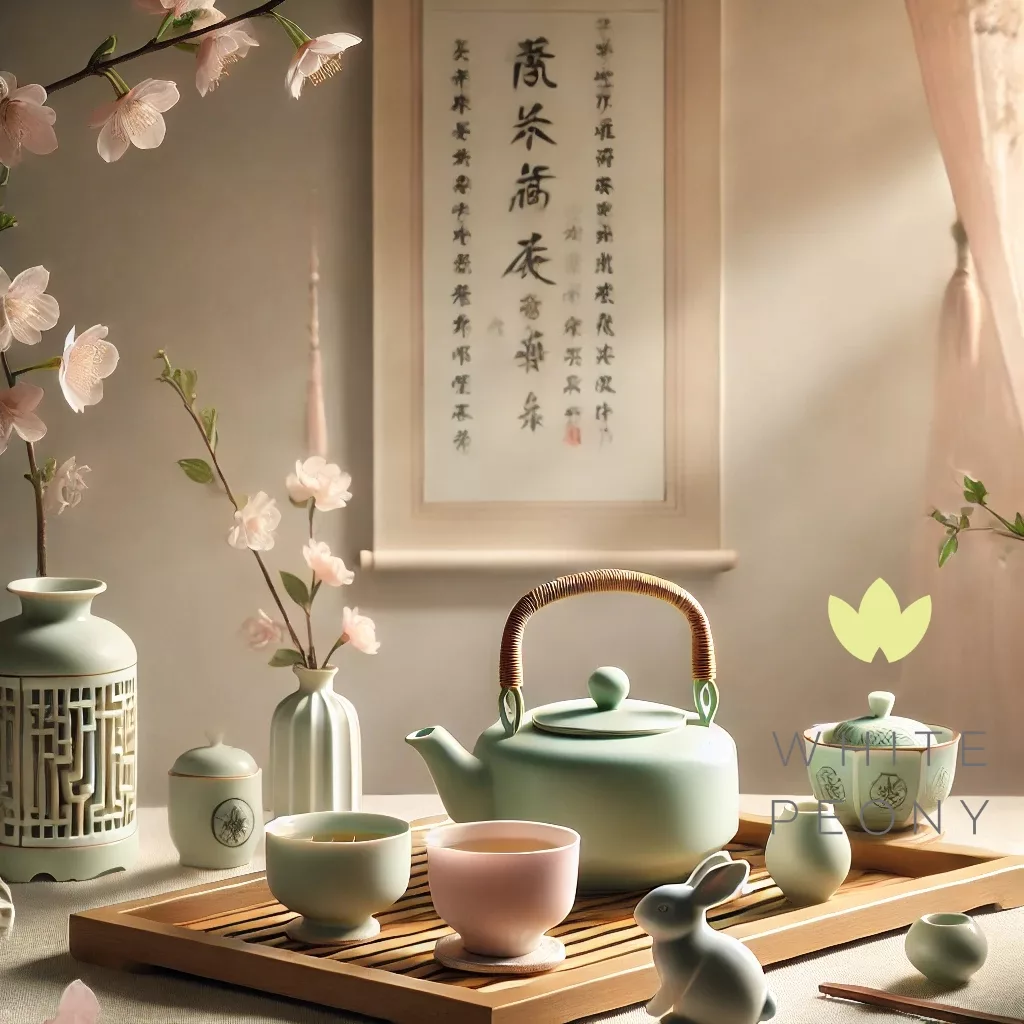
Uncover the nuances of tea terminology – subscribe and become a tea connoisseur.

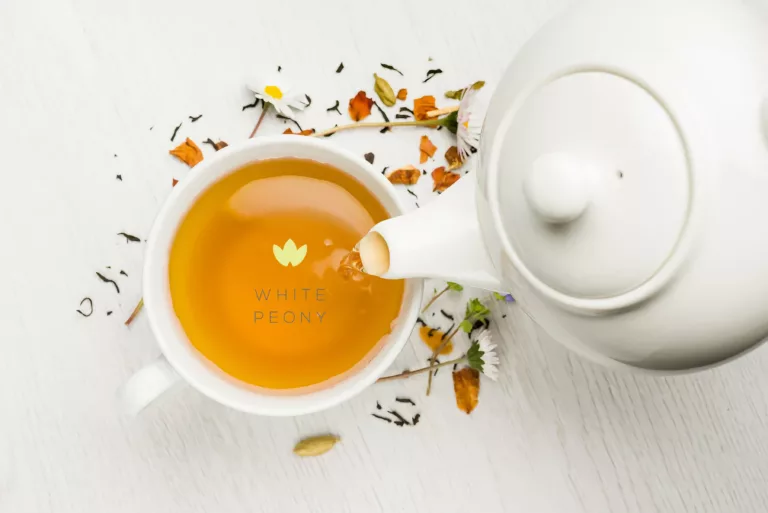

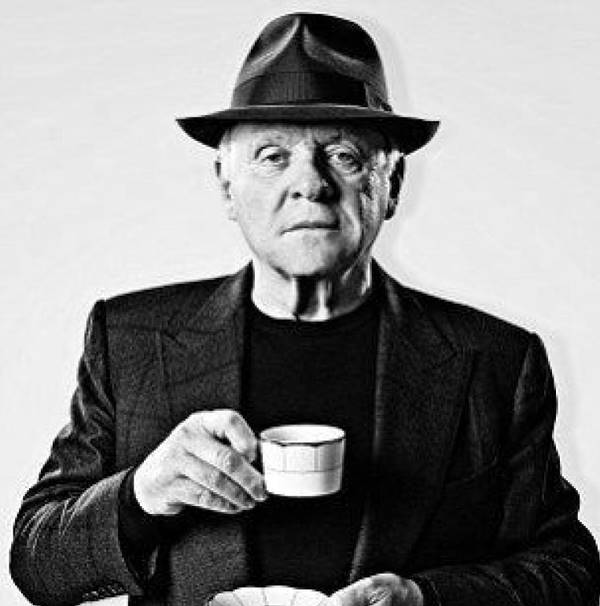
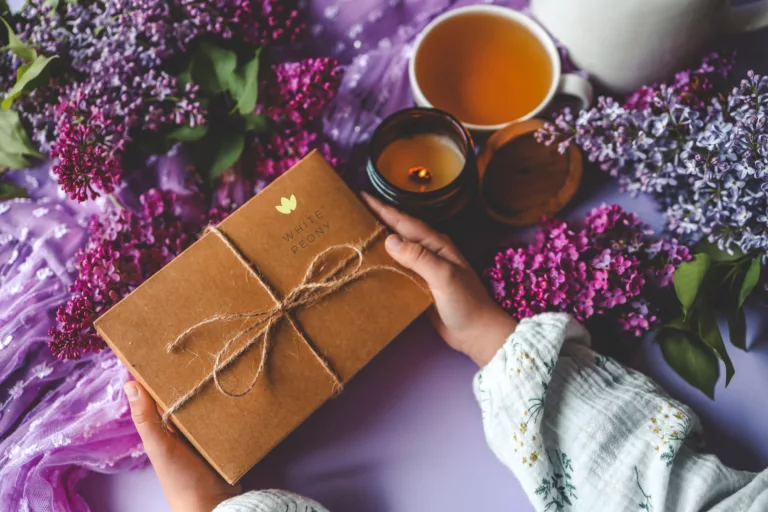
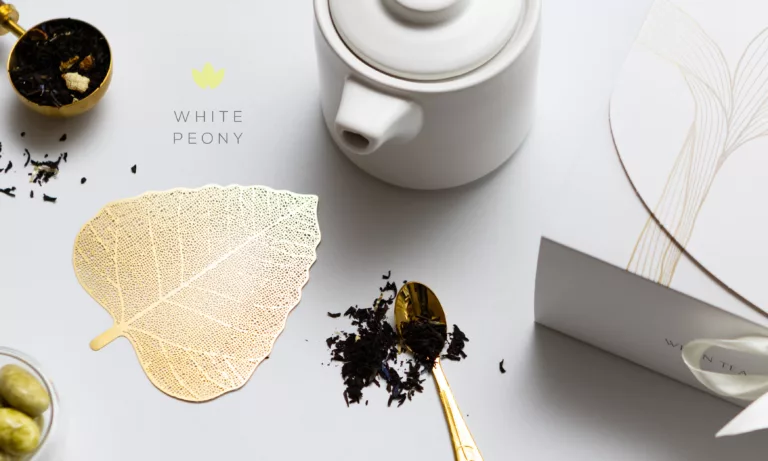
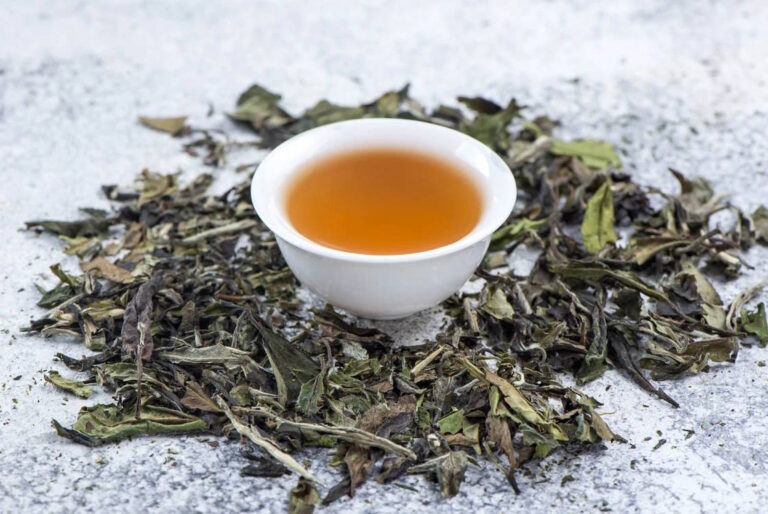
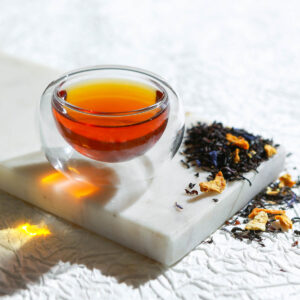 Earl Grey Le Bourgeois
Earl Grey Le Bourgeois 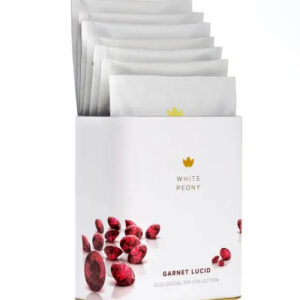 Collection Garnet Lucid
Collection Garnet Lucid 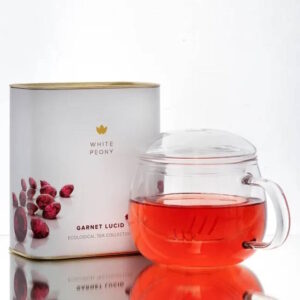 Beauty of Peony
Beauty of Peony 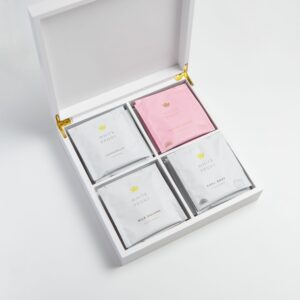 Luxury Tea Chest
Luxury Tea Chest 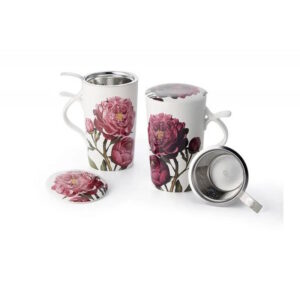 Peony Pink Teamug
Peony Pink Teamug 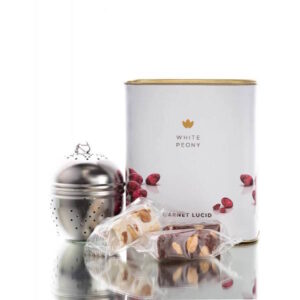 Elegance of Peony
Elegance of Peony 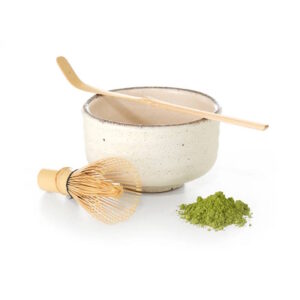 Matcha Set Ikigai
Matcha Set Ikigai 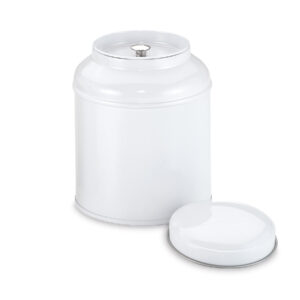 Tin Gala 150 gr
Tin Gala 150 gr 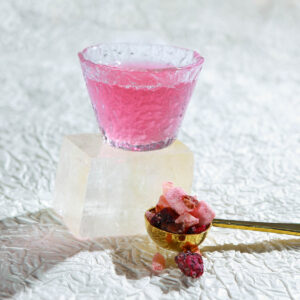 Darling Raspberry
Darling Raspberry 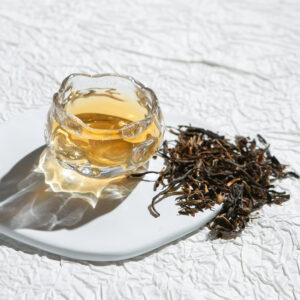 Raw Shen Puer
Raw Shen Puer 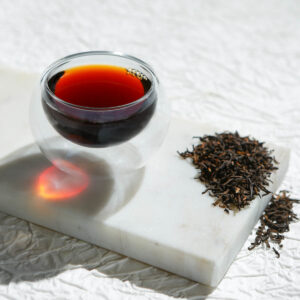 Imperial Shu Puer
Imperial Shu Puer 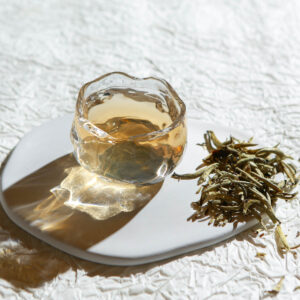 Silver Needle
Silver Needle 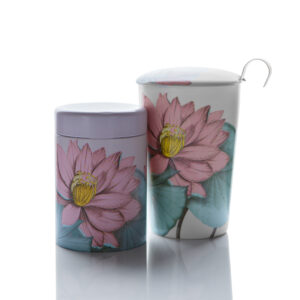 Shanti Duo Giftset
Shanti Duo Giftset 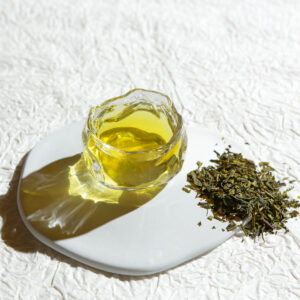 Dragon Well Organic
Dragon Well Organic